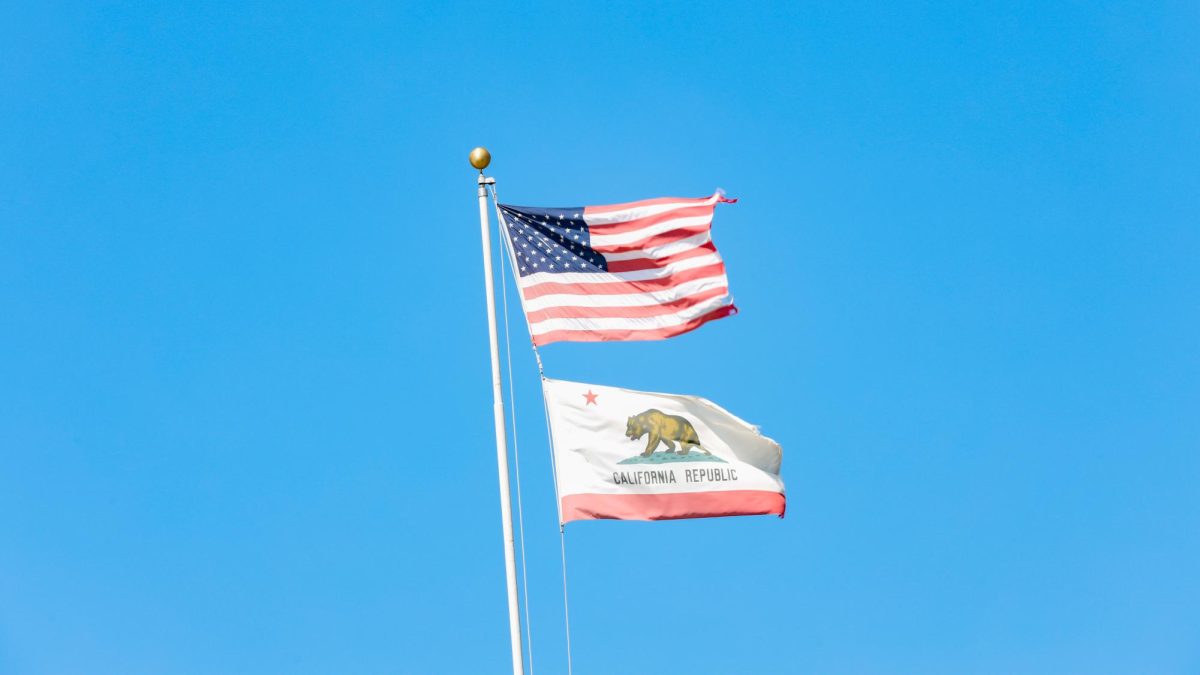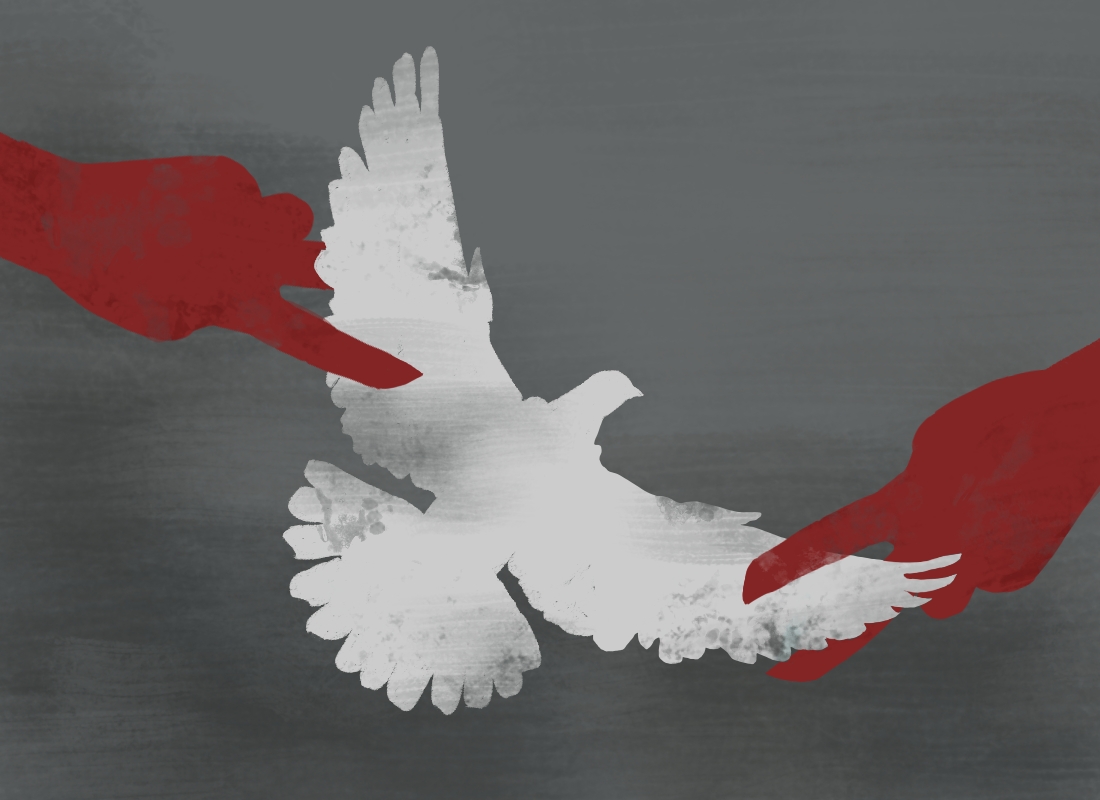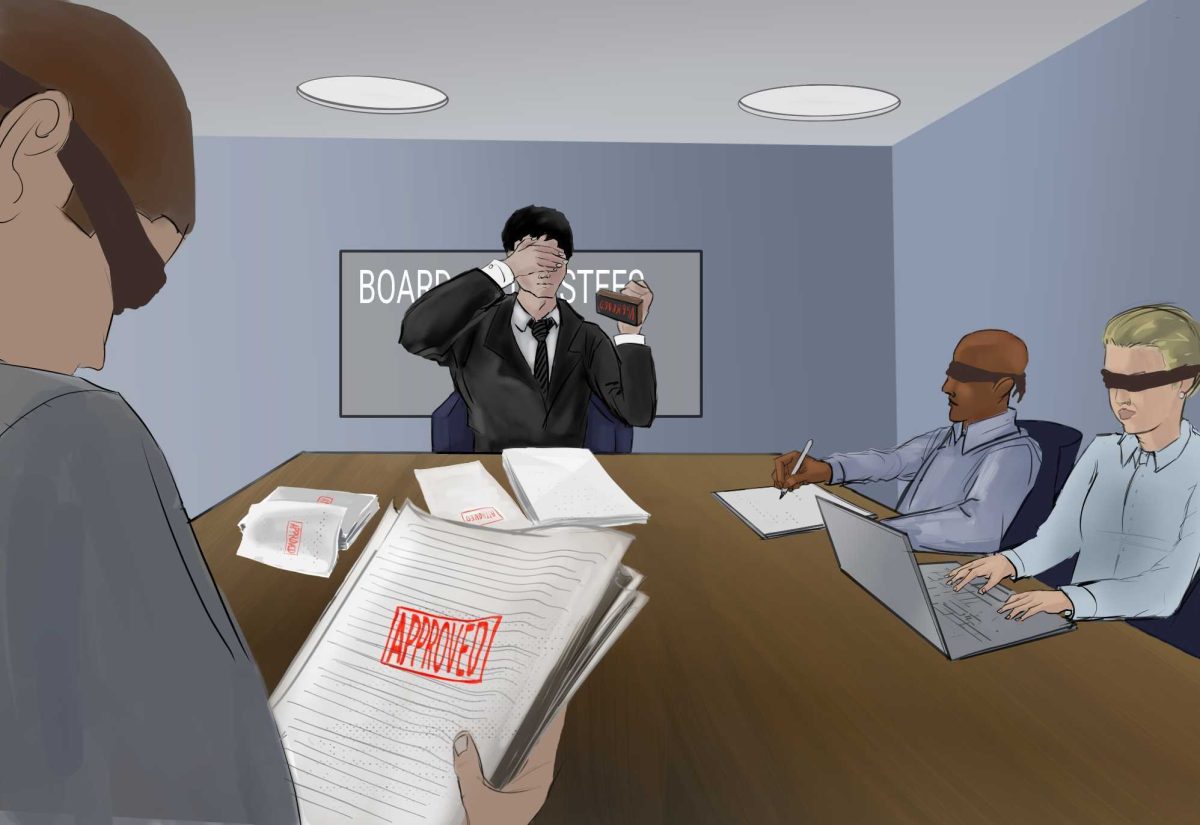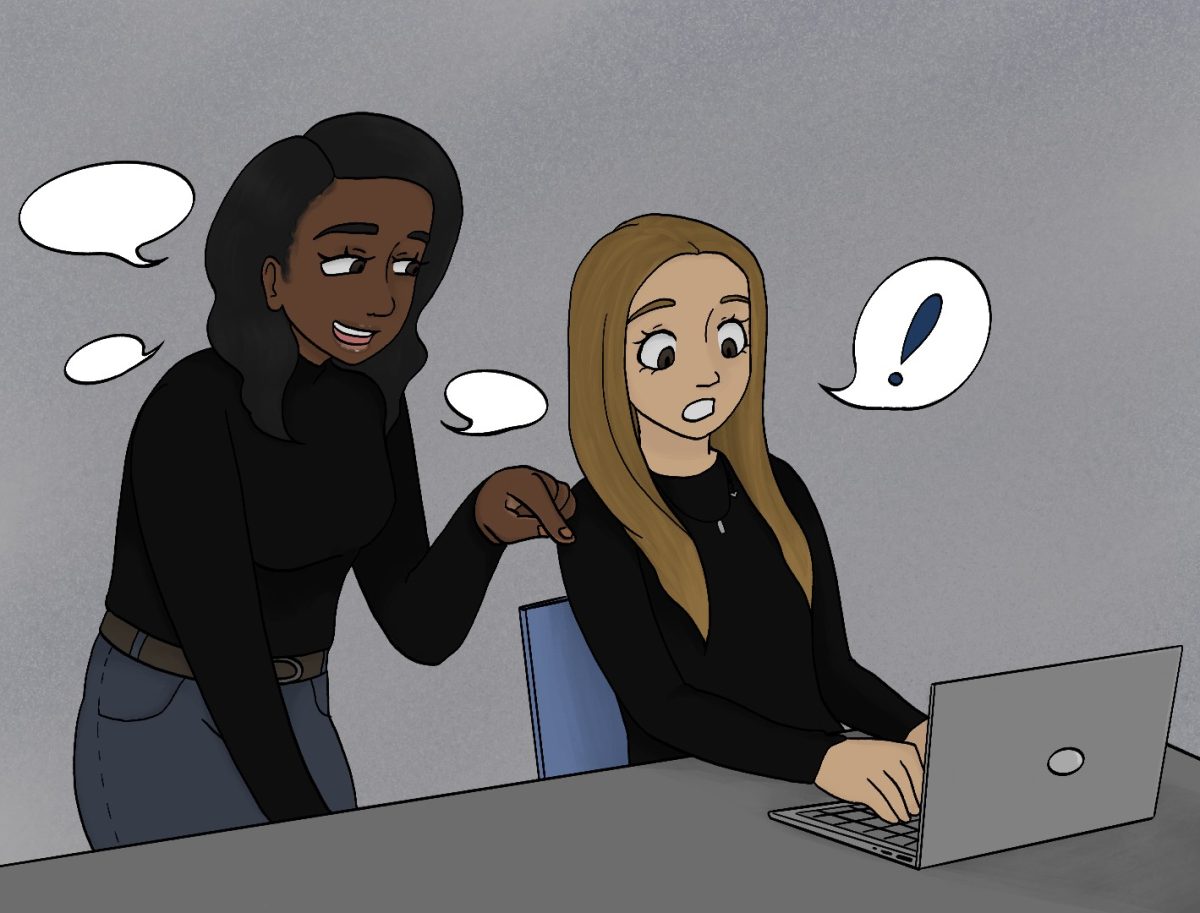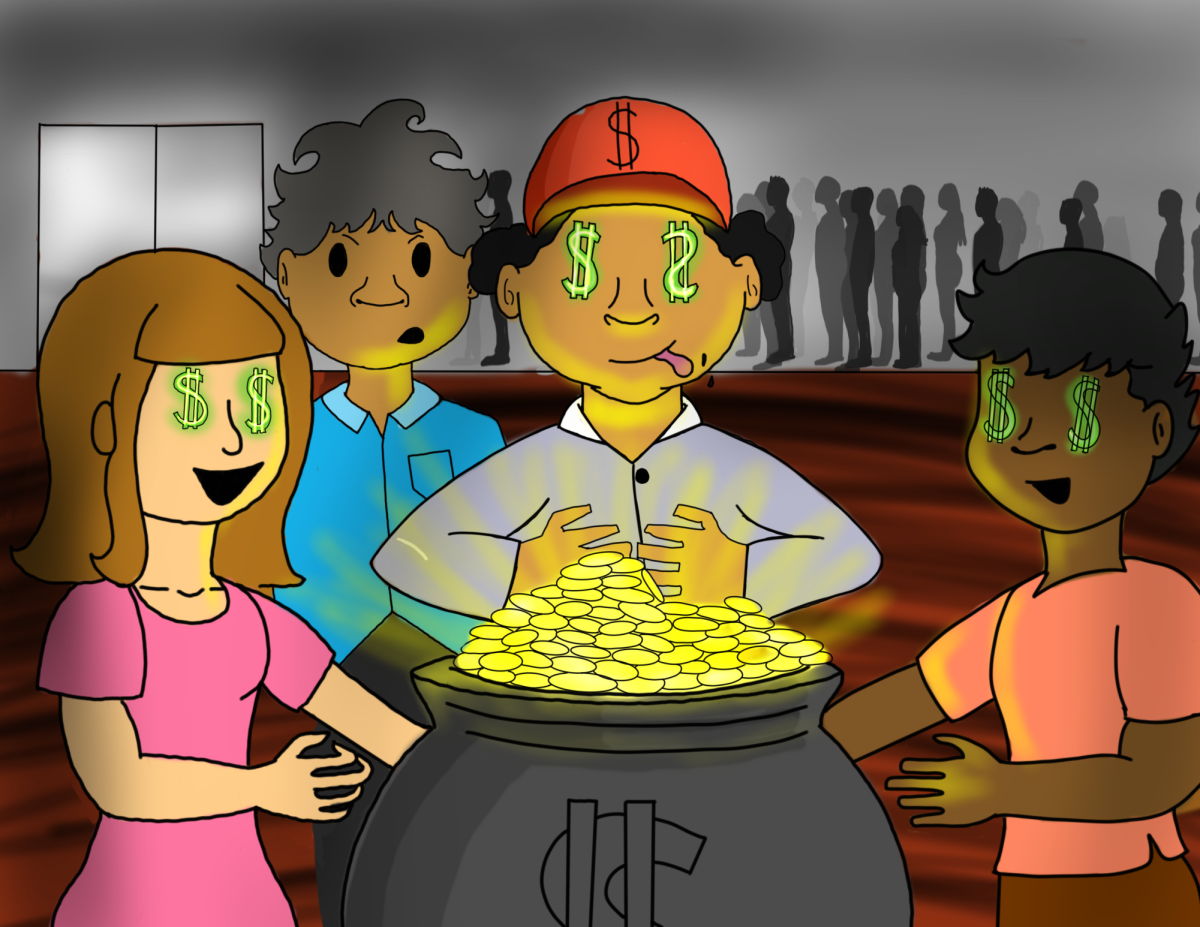Even before my three visits to the Philippines, my parents had already drilled me on the do’s-and-don’ts of my culture; a culture that I had to understand and adopt despite it being more than 1,000 miles away from my own home of L.A.
Last semester, a previous editor who was born in the Philippines wrote about her experience of traveling there. Although I wasn’t born or raised in the Philippines, I felt like I was for a while.
Each week, my mother’s rustic cooking was accompanied by tales of her impoverished youth and of her arrival in the United States. She told me these stories because she wanted to make sure that I would work hard in life, so that I would not have to endure the same lifestyle. Then, my mother would go on to explain to me how hard it was for her to make ends meet in America, a place she admits she did not understand.
My father, who came from a similar background, always has a lot of advice to give me as well.
There were certain rules and guidelines that I had to follow because, as my father kept reminding me, I was Filipino.
Yes, I was one of those kids who brought strange lunches to school, who spoke with a slight accent and who had an incredibly ridiculous curfew. I was not allowed to date or go out too often. Even with friends, I had to convince my parents to let me go out with them or I had to ask for their permission in advance.
Growing up under a rigid tradition while being exposed to American idealism (freedom of expression, speech, etc.) led me to frequent disagreements with my parents, who believed that most Filipino traditions were unquestionably valid and just.
More than a decade before adolescence, I was already confused. I went through an early identity crisis. I grew up questioning who I really was as a person and in turn, questioning everything I came in contact with.
Being that young to begin with was difficult, I was only beginning to develop my own personality, and I had trouble trying to define who I wanted to be because I was afraid to be labeled only as Filipino or an American. I was afraid that I was going to have to inevitably choose between the two. So I reluctantly chose to try and juggle both identitie as I was forced to lean closer to my parents’ wishes.
Although I can appreciate the bonds of family togetherness as much as the next person, I longed for independence. I wanted to learn how to think for myself and make substantial decisions on my own without having to worry what rule it would break.
After my first year of college, I knew that my search to redefine myself was only just the beginning. Like most college freshmen, I was terrified of trying to figure out exactly what I wanted to do with the rest of my life. I felt what most people feel at certain points in their lives, that my life had not truly begun. So, I changed majors and now I am writing for the Union.
There is something to be said about tradition and the natural ways in which people strive to live against it. As humans, we are born to think for ourselves. When boundaries are placed upon us, we will always look beyond them.
As I go home for dinner tonight to listen to my father’s words, I always remember where I came from, but it is also incredible to talk about an experience that is neither uniquely Filipino nor American, but about the human experience.



